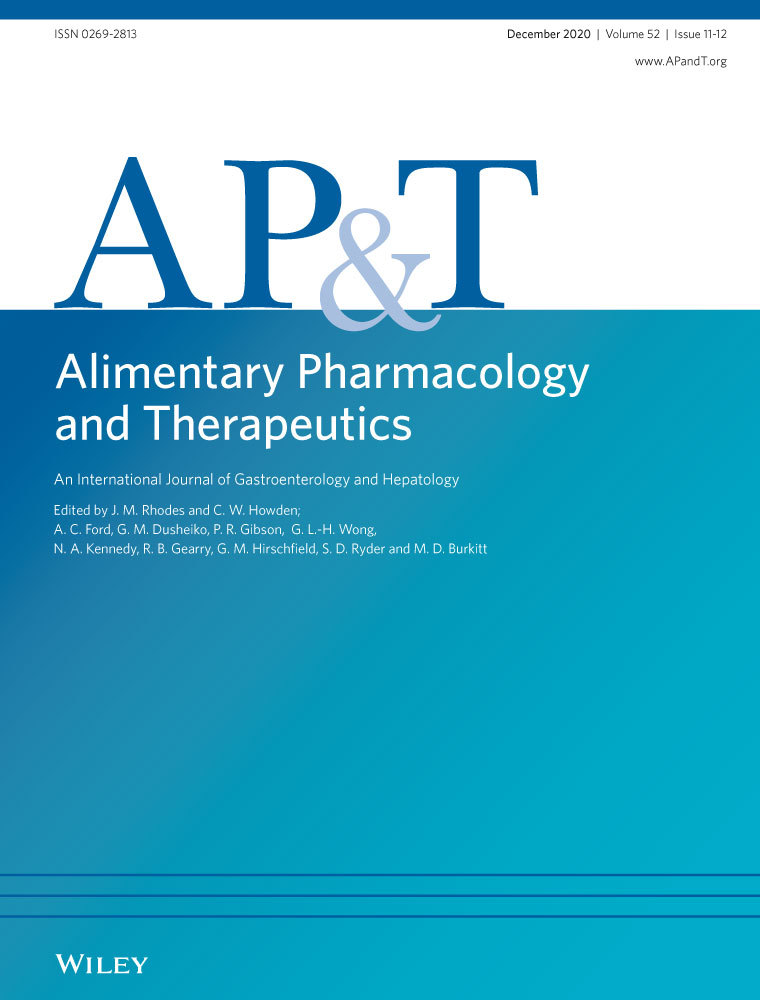Letter: synergistic role of gut flora with aspirin to prevent colorectal cancers—authors’ reply
Abstract
LINKED CONTENT
This article is linked to Prizment et al and Li et al papers. To view these articles, visit https://doi.org/10.1111/apt.16013 and https://doi.org/10.1111/apt.16093
We thank Dr Li et al1 for their letter in response to our paper about aspirin's effect on gut microbiota in a double-blind placebo-controlled study in 50 healthy individuals.2 We agree with the authors on the importance of examining the interaction between aspirin and gut microbiome in relation to colorectal cancer (CRC) and other diseases. We also agree that the association between microbiome and aspirin is bidirectional, and aspirin may be used in combination with probiotics, as we discussed in our response to the editorial by Dr. O’Grady.3
We would like to underline that our findings should be considered with caution because the intervention in our study lasted only 6 weeks, and it was not directly examined in relation to the risk of any disease. Also, in our study, after a 6-week washout, gut microbiome appeared to be similar in the aspirin and placebo arms, suggesting that the effect of aspirin on microbiome community composition did not last long. The pattern of aspirin intervention that would be of most benefit for CRC chemoprevention is unknown. Other studies of drivers of gut microbiome composition, including probiotics, suggest that the length of an intervention required for observing microbiome-mediated effects on the host phenotype or host biomarkers are on the order of multiple months.4 If such microbiome effects are themselves transient, then ongoing use of aspirin may be necessary to sustain the effect.
To decrease the side effects of aspirin, one promising direction would be to use intermittent dosing. That strategy was shown to inhibit colon tumour progression in animal models.5 If the benefit of intermittent aspirin is confirmed in an ongoing randomised human trial,6 it would be important to estimate the long-term effect of aspirin on gut microbiome to determine the optimal regimen. This would require using longitudinal sampling within individuals to understand individual variation in response.
ACKNOWLEDGEMENT
The authors' declarations of personal and financial interests are unchanged from those in the original article.2




